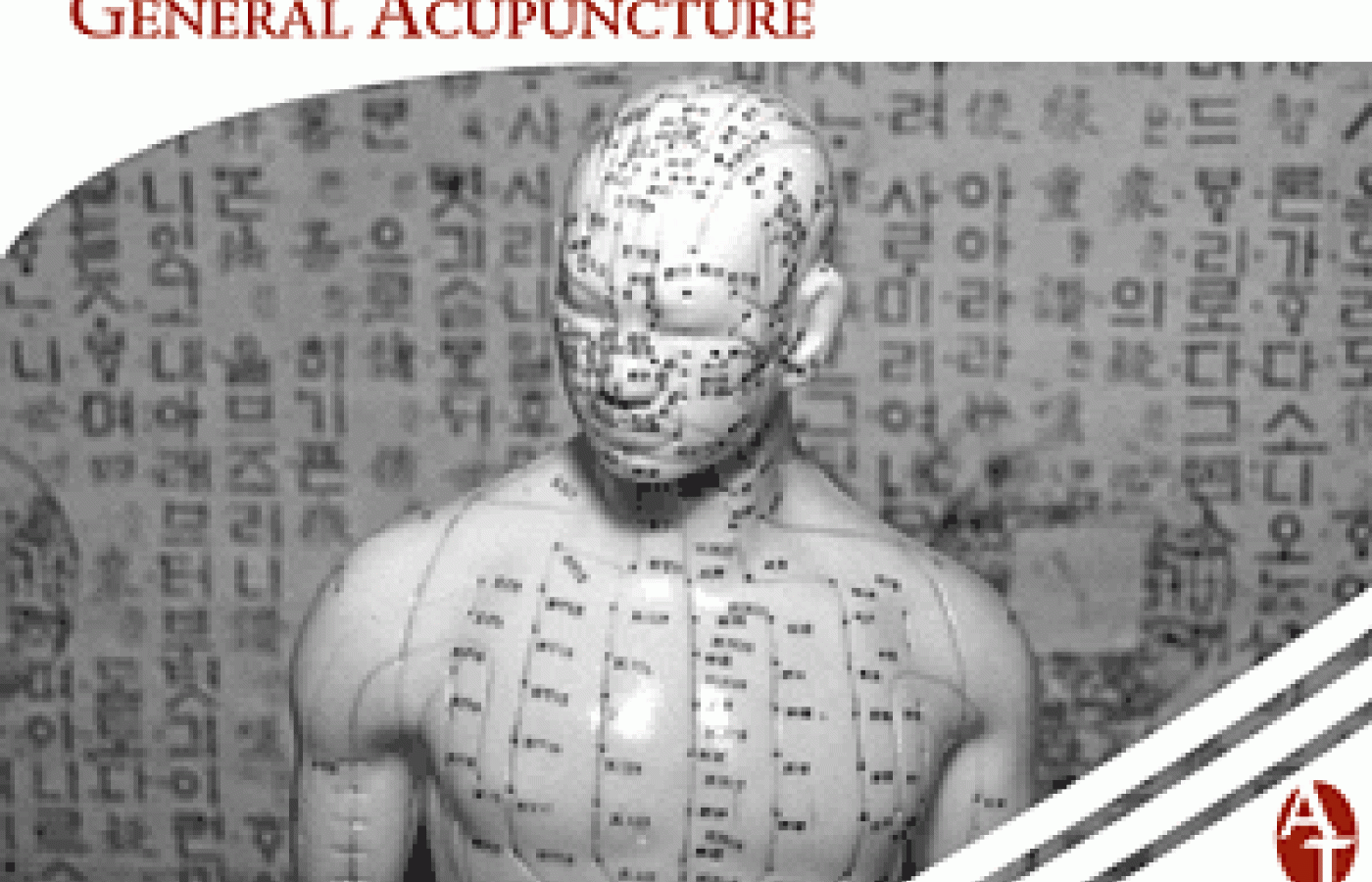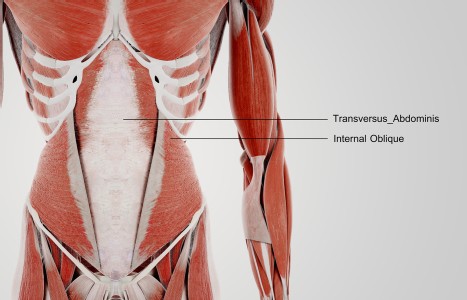TrA-2, my primary needle location, I needle 95% of the time and I think it works the best. You’ll know you have the right point location when you discover the muscle twitching when applying electric stimulation.
Integrative Medicine in Action at the Penny George Institute for Health and Healing
The following is an interview with Lori Knutson, RN, BSN, HNB-BC, executive director of the Penny George Institute for Health and Healing. The Minneapolis, MN-based Institute is the largest hospital-based program of its kind in the country, blending complementary therapies, integrative medicine and conventional Western medicine.
Can you briefly describe your background Lori?
I have been a registered nurse for 25 years. My specialty was physical rehabilitation where I worked with individuals who had sustained spinal cord injuries, brain injuries, as well as non-traumatic neurologic conditions such as MS and cerebral palsy; and chronic pain. I became a biofeedback therapist in the late 90s and also started training in energy work, aromatherapy, and guided imagery. I had passion for creating programs and services, and enjoyed the administrative side of healthcare which led me to several trainings in leadership and business management.
What drew you to an integrative setting?
Integrative settings were not really established when I started my quest for a more holistic practice which really started in the 80s. I have been drawn to creating integrative care opportunities because of both my personal and professional acknowledgment that conventional Western medicine did not/does not have all the answers in the care of individuals let alone empowering them to make independent healthy decisions to sustain an optimal quality of life. I think we have clearly found that just symptom management alone does not fully speak to root cause with an understanding of all the dynamics that bring about disease in an individual. Health and healthcare cannot be cookie-cutter care, which, unfortunately defines what the majority of Americans have access to these days.
Can you provide an overview of your institute?
The Penny George Institute for Health and Healing consists of a hospital inpatient program with 22 providers (all employed) including six acupuncturists, seven massage therapists, six integrative health nurse clinicians, a reflexologist and a music therapist. These practitioners provide care to patients with the following conditions: cardiovascular, neurologic, cancer, medical/surgical, rehabilitation, labor/delivery and high-risk pregnancy, orthopedics and spine.
The outpatient clinic includes: TCM/acupuncture (both one-on-one and group acupuncture), integrative medicine physician consultations, Ayurveda, integrative nutrition, holistic psychiatry, biofeedback, massage, yoga, and creative arts. There is a studio space where both healthcare professional training occurs and public workshops and training is held.
The LiveWell Fitness Center includes exercise physiology, physical therapy with a focus on fitness, dieticians, and mind-body coaching. There is a physiology lab where fitness profiles and testing are conducted. A state-of-the-art equipment space and a separate sports court is also included in the fitness center facility.
The Integrative Health Research Center includes clinical trials, housing a laboratory for biologic and gene testing. We are also conducting health services research to validate the economics of integrative care and the return on investment for the individual and healthcare system.
Finally, we are in partnership with local businesses to develop integrative employee health and wellness. In our own parent company, Allina Hospitals & Clinics, we are contracted to provide Mindfulness Based Stress Reduction, Resilience Training for employees with depression, Take Action (a weight management program with wellness training) and others.
Can you describe the "culture" at your institute?
Culture is the key to success. It is also the hardest to articulate because it is dynamic and probably is the toughest aspect but it is fundamental to ensure success and sustainability. In general, the culture must include unconditional passion for optimizing the health and healing of those being served (this includes the practitioners). This is key because when times are tough this has to be the central focus in decision making. Above and beyond that, the culture must fundamentally be one of evaluation. What I mean is infusing practice where questioning the effectiveness of practice is not only a must but an obligation. Being integrative in the process as well as in the care. This means being present within the organization even where it may not be obvious as a place for integrative care to have a place. An example would be sitting on compliance and regulatory committees. Being part of the whole means understanding it from the inside-out as well as the outside-in.
Self-care is an imperative for practitioners. Modeling what one does is one part of this, but more importantly this is hard work and can drain one of internal resources.
Collaboration and openness to change (which is constant) are key. This is a big topic and often the one that is not well thought out in the building of an integrative environment.
What outcome measures do you use, if any, for patient satisfaction and health improvement?
In general, quality of life, pain, anxiety, sleep disturbance, physical functioning, cognitive and emotional states are all areas of measurement.
How do you envision the institute in a decade?
Ideally, we would be so infused in the environment of care that we would not even use terminology like "integrative." Outside of that, I see the work infused in primary care --- our next new development is a primary care clinic to be completed in 2011; I am working towards evolving our LiveWell Fitness Centers to Centers of Health Promotion with an emphasis in educating individuals, families, communities and businesses in self managed care. Integrative TeleHealth that would reach out to rural communities and a larger geographic and diverse population; Integrative Health Practitioner trainings for all types of practitioners. We have started this process with specific training for massage therapists and will have a similar training for acupuncturists in 2011. And more, the work is never done.
What is your personal view of the future of integrated (or integrative) medicine in the U.S.?
Integrative health will be both about providing options to care that are synergistic when care and treatment are needed, but the emphasis will be on educating individuals to evolve their understanding of the innate capacity of the human body to heal and maintain health. This will be the ultimate healthcare transformation. When we, as a society take responsibility for our lifestyle choices understanding that not only do individual choices affect the individuals but society as a whole. I liken it to the wave of understanding our impact on carbon emission and global warming. We are an evolving species and I am hopeful our direction is one of wholeness and not self-service.
How do you see the healthcare reform law improving healthcare delivery in America?
I am hopeful that we will see improvements in the health of our society with some of what I have seen in the health reform law but it will not come without, what may be perceived as, a cost. Our paradigm is a very embedded one with a great deal of entitlement. This will not be an easy cord to cut. I think we need to not depend on government to make the health of this nation transform. We the people, are the ones who need to take self-responsibility. It's part of citizenship.
For more information on the Penny George Institute for Health and Healing, visit [url=http://www.allina.com/ahs/anw.nsf/page/ihh_home]http://www.allina.com/ahs/anw.nsf/page/ihh_home[/url]



